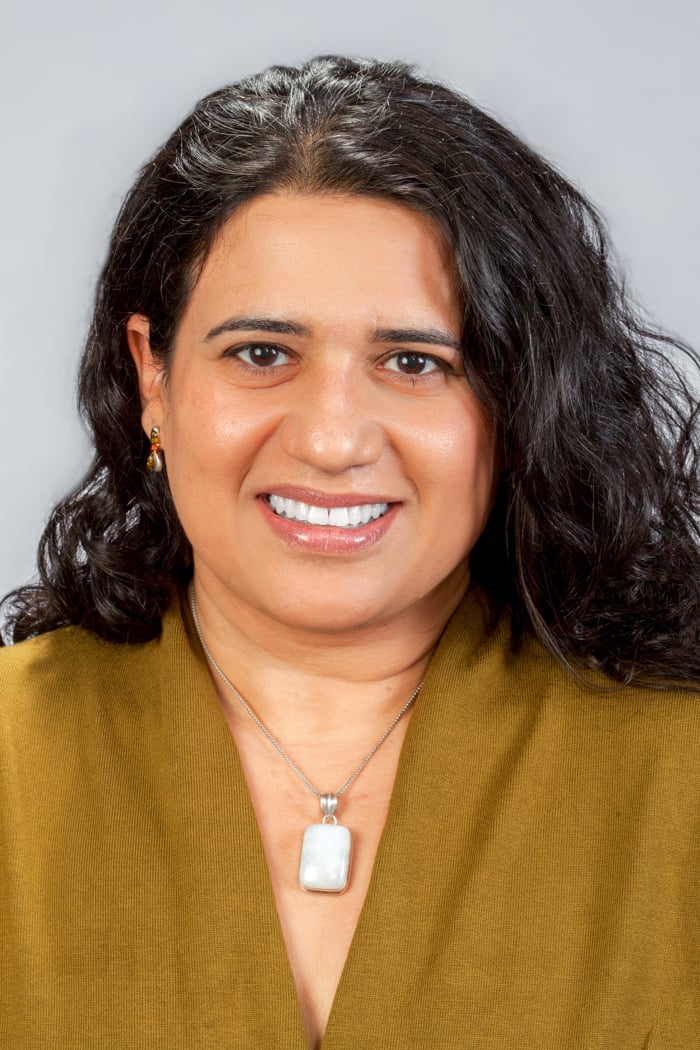At least 20 million Americans live with a substance use disorder, according to the National Survey on Drug Use and Health. Some of those people are actively trying to find a way to overcome that disorder.
There are chemical dependency facilities where people can go to find in-patient and outpatient treatment, along with other services. For people who may not be ready to meet with a chemical dependency team, Rochester Regional Health offers another flexible, community-based option: the Individualized Medication for Addiction Treatment (IMAT) program.
Fatma Akmese, MD, is the Medical Director of Federal-Qualified Health Centers with Rochester Regional Health, and Richard Dent, MD, is the Medical Director of IMAT Services with Rochester Regional Health. They explain how IMAT works, where to find it, and how it can help those who need it most.
How IMAT empowers patients
The IMAT clinic creates a space where patients can meet with compassionate, skilled physicians to better understand the effects of substance use and available treatments. Working with a primary care provider through IMAT will not replace a patient’s existing relationship with their own primary care provider.
Some clients may want to stop using substances completely. Others may not be ready to stop using, but would like to use more safely. No matter what a person’s goals might be, the IMAT team works to provide education, medications, and other treatment options to help people be healthy.
Patients don’t need to stop using drugs to be part of IMAT. Providers will talk with patients who might still be using alcohol or illicit substances, but have a frank conversation about using responsibly. If there are healthcare needs that arise out of those conversations, those needs will be met, such as:
- never using alone (utilizing the Never Use Alone Hotline)
- having Narcan at home
- using small amounts of “test doses” at a time
- using fentanyl test strips to ensure drugs are not contaminated with fentanyl
- PrEP medication
- using fresh needles vs. reusing needles
- avoiding IV drug use
“Providers cannot control what people do,” Dr. Akmese said. “We would much rather have a person stay alive than have a terrible health outcome or even die because they are using in an unsafe way. The point is that we want them to survive long enough that they might decide to stop using drugs.”
What to expect
Whether a patient calls the IMAT phone number to seek out services on their own or whether they are referred by their provider for IMAT services, a nurse with the IMAT program will contact them and talk with them about the next steps.
If someone is at immediate risk of an overdose, they will be connected with a live person who will talk with them.
The first appointment works like a regular office visit with a primary care provider. In that meeting – in-person or virtually – they will talk about their goals, any previous treatment history, and current substance use. People who are pregnant, and/or using illicit opiates and intravenous drugs will be prioritized for treatment. Pregnant patients will also be referred to an OBGYN so they can be receiving the best medical care for themselves and their baby.
Any treatment options that come out of the appointment would involve a provider prescribing any necessary medications (buprenorphine, naltrexone, etc.) for the patient, discussing the next steps they need to take, and when and where to seek care.
Following that first meeting, patients check in with their provider to make sure they are meeting the goals they set. The most frequent check-ins might happen weekly or twice a week, but are more likely to shift to a monthly or quarterly basis as time goes on. There is no firm timeline for when a person concludes their time in IMAT; it could be 3 weeks or 3 years.
“We don’t want treatment to be a burden for the patient,” Dr. Dent said. “We want to make sure they are taking their medicine. We know that medicine saves lives – literally.”
IMAT prioritizes the medical part of substance use disorder treatment, allowing a patient to become more stable before they decide to take the next step toward counseling with chemical dependency. The services help patients to avoid being sick, to get a clear head and feel secure.
Finding IMAT services
Most of the IMAT services are coordinated through Wilson Health Center on Portland Avenue in Rochester. The Clinton Family Health Center offers IMAT services for Spanish-only speaking individuals, and there are IMAT services available in-person and virtually for individuals throughout the Rochester region.
No one will be turned away from treatment due to a lack of medical insurance. Financial aid applications are available on site so patients can receive coverage through Medicaid or pay what they can on a sliding scale.
“People are used to talking with doctors and being judged about their substance use and addiction,” Dr. Dent said. “With IMAT, patients are going to get care with dignity – without stigma or judgement – and have an open honest relationship with their provider in a way that they may not have had before.”










